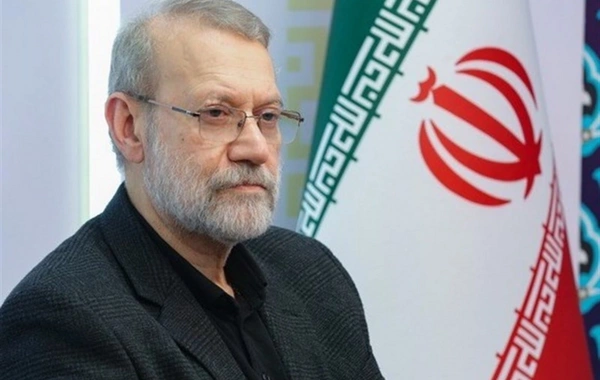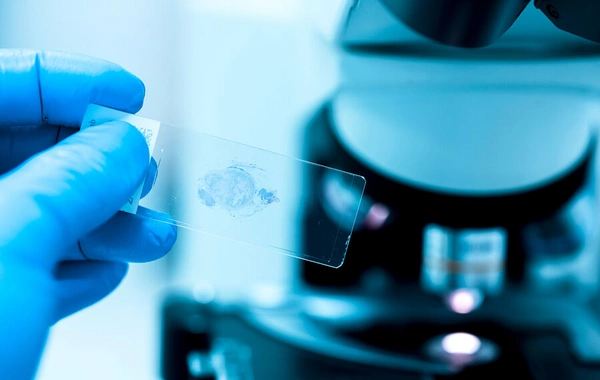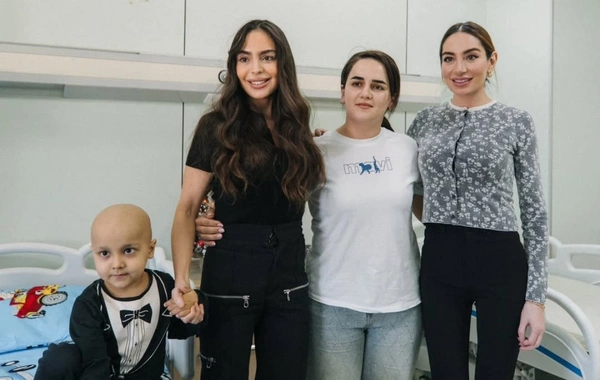Oncological diseases
Oncological diseases
Oncological diseases, or cancer, are a group of conditions characterized by the uncontrolled growth of cells that can spread throughout the body. In 2025, cancer remains one of the leading causes of mortality worldwide, but advancements in medical science offer hope for improved diagnosis and treatment. This article explores the causes of oncological diseases, modern diagnostic methods, treatment options, prevention strategies, and emerging trends in the fight against cancer.
Causes of Oncological Diseases
Oncological diseases arise from mutations in a cell’s DNA, leading to uncontrolled cell division. Key risk factors include:
-
Genetic Predisposition: Inherited mutations, such as BRCA1 and BRCA2, increase the risk of breast and ovarian cancer.
-
Lifestyle Factors: Smoking, excessive alcohol consumption, poor diet, and low physical activity contribute to cancer development.
-
Environmental Factors: Exposure to ultraviolet radiation, ionizing radiation, chemicals, and air pollution heightens the risk.
-
Infections: Viruses like HPV (human papillomavirus) or hepatitis C are linked to cervical and liver cancers.
-
Age: The risk of cancer increases with age, particularly after 50.
In Azerbaijan, lung, breast, and stomach cancers remain among the most common.
Diagnosis of Oncological Diseases
Early diagnosis significantly improves treatment outcomes. In 2025, the following diagnostic methods are widely used:
-
Screening: Mammography, colonoscopy, and PSA tests help detect cancer at early stages.
-
Biopsy: Tissue analysis to confirm a diagnosis.
-
Genetic Testing: Identifies mutations that affect risk or treatment options.
-
Artificial Intelligence: AI analyzes medical images for precise tumor detection.
-
Liquid Biopsy: Blood tests to detect circulating tumor cells.
In Azerbaijan, oncology diagnostic centers are increasingly equipped with cutting-edge technology.
Treatment of Oncological Diseases
Cancer treatment depends on the type, stage, and patient’s condition. Common methods include:
-
Surgery: Removal of tumors in early stages.
-
Chemotherapy: Drugs to destroy cancer cells.
-
Radiation Therapy: Using radiation to target tumors.
-
Immunotherapy: Stimulating the immune system to fight cancer.
-
Targeted Therapy: Medications that attack specific cancer cell molecules.
In 2025, personalized medicine, based on the genetic profile of tumors, is becoming the standard, improving treatment effectiveness.
Prevention and Awareness
Prevention is critical in combating cancer. Recommended measures include:
-
Healthy Lifestyle: Balanced diet, regular exercise, and quitting smoking.
-
Regular Screenings: Annual check-ups for at-risk groups.
-
Vaccination: Vaccines against HPV and hepatitis B reduce the risk of specific cancers.
-
Environmental Awareness: Avoiding exposure to carcinogens like asbestos.
In Azerbaijan, public awareness campaigns, including educational programs and free screenings, are actively promoted.
Trends in 2025
In 2025, oncology is witnessing significant progress. Artificial intelligence accelerates diagnosis, while new immunotherapeutic drugs show high efficacy. Gene-editing technologies, such as CRISPR, are in clinical trials. In Azerbaijan, access to advanced treatments is expanding, and international collaboration facilitates the adoption of innovations.
Social media enhances cancer awareness, sharing prevention tips and survivor stories. Campaigns like “Cancer Can Be Beaten” inspire people to pursue early diagnosis.
Conclusion
Oncological diseases remain a major challenge, but medical advancements in 2025 offer hope. Early diagnosis, personalized treatment, and prevention save lives. Awareness and access to modern technologies in Azerbaijan and globally make the fight against cancer more effective. Taking care of your health today is a step toward a long and fulfilling life.


















